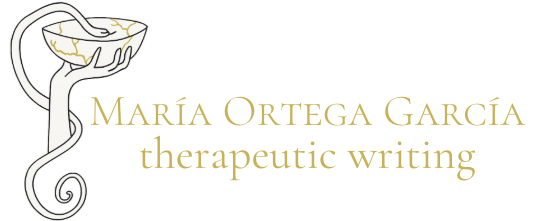This is a common question between the Spanish students and a great source of confusion so in this article you will learn to differentiate the two pair of terms and use them correctly.
The simple answer is that one is an adjective and the other is an adverb, but that doesn’t help much of you don’t have a clear understanding of the function of adjectives and adverbs themselves.
Adjective vs. Adverb: The Grammatical Answer
So, let’s make a quick explanation about these two concepts.
- An adjective always modifies a noun, which means that an adjective talks about or refers to a noun and, therefore, will always accord with the noun in genre and number. Look at the example:
– El perro mojado corre.
– The wet dog runs.
Here “mojado” is an adjective that talks about the noun, “perro“.
- Whereas adverbs always modifies a verb, an adjective or another adverb or phrase, which means that an adverb talks about or is referred to a verb or other adverb/adjective but not a noun.
– El perro mojado corre rápidamente.
– The wet dog runs quickly.
In this example, “rápidamente” is an adverb that refers to the verb “corre“and answers the question, ” How is the action (verb) done?”
It’s easy to see the difference between the adjectives and verbs with this kind of words: “mojado” is a participle, and they work as adjectives, whereas the words that end in “-mente“, the equivalent of “-ly” in English, are adverbs and always talk about how the action is done.
Well, the problem arrives with the two pairs of words I presented to you at the beginning of the post.
Clear any doubts: The Definitive Answer
The previous answer is helpful but if you still have doubts about when to use bien or bueno, muy or mucho, keep reading this article and you won’t have any doubt left once you finish reading this article.
- BIEN or BUENO (BUEN)
Bien is an adverb, so it will be referred to the verb, the action, of the sentence. So, as an adverb, the word “bien” won’t appear close to a noun but close to a verb and it will answer the question “How…?”. Look at the examples:
– No he dormido bien.
– I didn’t sleep well. (¿How did you sleep?)
– Desde que hago ejercicio estoy muy bien.
– Since I do exercise I am very well. (How are you?)
Bueno, on the other hand, is and adjective, so it will accord with the noun it goes with.
– La película buena.
– The good film.
– El libro bueno.
– The good book.
When “bueno” is used before the noun it becomes “buen” but only in the masculine.
– El libro bueno > El buen libro.
So basically bien is translated by well and bueno por good.
So far so good but… when to use “bien” or “bueno” with “ser” and “estar“?
I think that’s the most complicated part to understand but here is my attempt to make you finally understand this. “Ser” express a quality and “estar” a temporary thing or the result of something. Having this in mind, look at these examples:
– Yo estoy bien.
– I am well, fine, ok.
– Yo soy bueno.
– I am a good person.
But:
– Yo estoy bueno.
– I am good looking. So careful with this if you don’t want to sound cocky
Oh, and remember we never use “bien” with “ser” . So, “Esto es bien“ is wrong, you either say “Esto está bien“, which means that ‘this is right, correct or good’, or “Esto es bueno”, meaning ‘This is good, beneficial’ depending on what you actually want to express.
- MUY vs. MUCHO
This is the last pair of words that cause some headache to my students.
First thing: “muy” is an adverb and is referred to other adjectives and adverbs while “mucho” an adjective referred to a noun.
– Ese chico es muy alto.
– This guy is very tall.
– Hay muchos libros encima de la mesa.
– There are a lot of books on the table.
However, sometimes “mucho” works as an adverb and then you can find it referred to the verb / action.
– Estoy muy cansado porque he trabajado mucho.
– I’m very tired because I worked a lot.
As you see here, “mucho” is not talking about any noun but the verb “trabajar”.
So here is the rule:
– Muy + adjective
– Mi novio es muy listo.
– My boyfriend is very smart.
– Muy + adverb
– Hemos terminado el proyecto muy rápidamente.
– We have finished the project very quickly.
– Mucho + noun
– Tenemos mucho trabajo.
– We have a lot of work.
- Verb + mucho
– Llueve mucho.
– It rains a lot.





